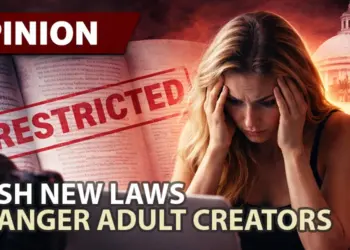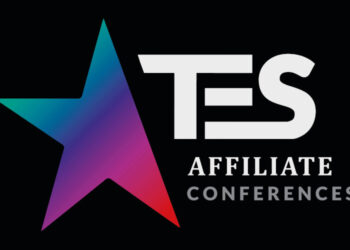WASHINGTON, DC — Despite criticism from the Department of Justice, a House of Representatives committee yesterday approved a bill that would stiffen penalties for copyright violations and create a Cabinet-level “intellectual property czar.”The Justice Department objects to the creation of a special office for IP rights enforcement because it worries such a move would compromise its independence from the White House.
Known as the Pro IP Act, the bill was introduced in December by Rep. John Conyers Jr. (D-MI) and 17 co-sponsors. It would raise civil penalties for copyright infringement and add resources to the government’s anti-piracy efforts. It has received broad support from entertainment companies, drug and auto-parts manufacturers and unions. Advocates hope it will pass the entire House this summer.
The thing that may stall the bill is the clauses that pertain to the creation of an “IP czar.” The DoJ began criticizing that portion of the bill as soon as it was introduced, saying the position could become politicized. The White House also is opposed to that portion of the bill, according to spokesman Tony Fratto.
According to the bill’s supporters, though, the czar would not make policy decisions. Instead, he or she would function as a coordinator of anti-piracy efforts at all levels.
Nevertheless, some members of the technology community continue to object to what Google senior copyright attorney William Patry in December called the most “outrageously gluttonous IP bill ever introduced in the U.S.” Some of their concerns were alleviated when the House committee removed a clause that would have allowed the music industry to obtain damages from each song on a pirated CD instead of one financial award for the CD as a whole.
Other opponents of the bill object to what they have called draconian enforcement measures.
“We just generally didn’t like the whole tenor of, ‘Oh, my God, we need to cut off people’s toes’ if they commit copyright infringement,” Public Knowledge President Gigi B. Sohn told The Washington Post.
Public Knowledge is a public-interest group that has advocated reducing some copyright-infringement penalties. Particularly important to the group is the concept of “orphan works,” which would allow a content creator to utilize copyrighted material if the owner cannot be located. If the owner re-emerges after the fact, the doctrine would provide for reasonable compensation. Although Sohn said Public Knowledge generally is happy with the new language in the current House bill, it is working with congresspersons to introduce six-point copyright-law-revision legislation of its own this summer.
It is estimated U.S. businesses lose $250 billion per year to content piracy. China and Russia lead the federal government’s list of countries that are not tough enough on pirates. Spain and Greece were added to the list this year.












